Most people who bike for transportation can probably think of "that one intersection:" The light where it's impossible to get a green without waiting. Even when there are no cars, pedestrians or other bikes in sight, you still know you'll have to stop and wait a while, sacrifice all your momentum, and wish you could have given the signal advance notice that you were coming.
Researchers at the University of Oregon have created an app for that.
Lead investigator Stephen Fickas, a computer and information science professor at the UO, developed the app, along with a specially-designed Bike Connect ‘box' (watch the 3-minute video) that attaches to a traffic signal controller. With the box installed, the app allows a cyclist to...
Read more
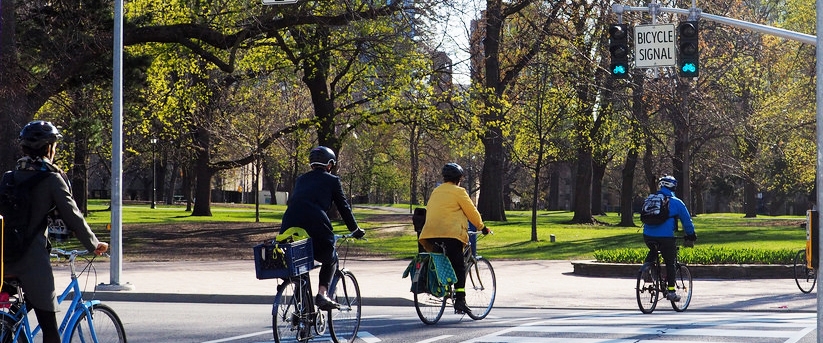
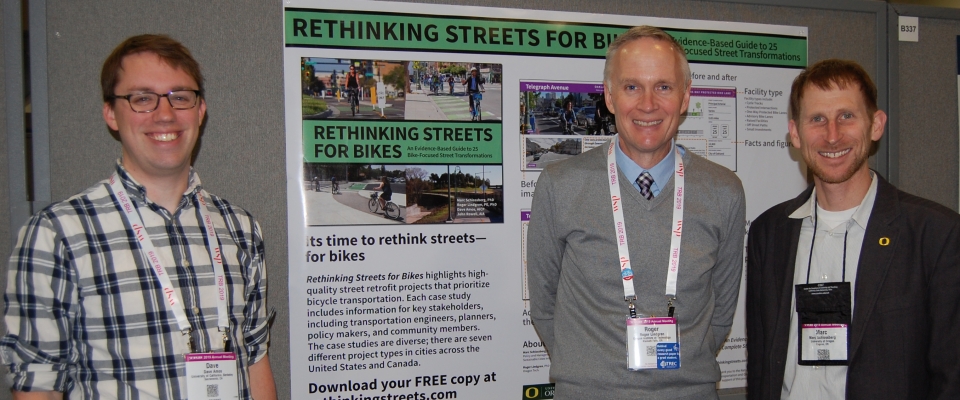
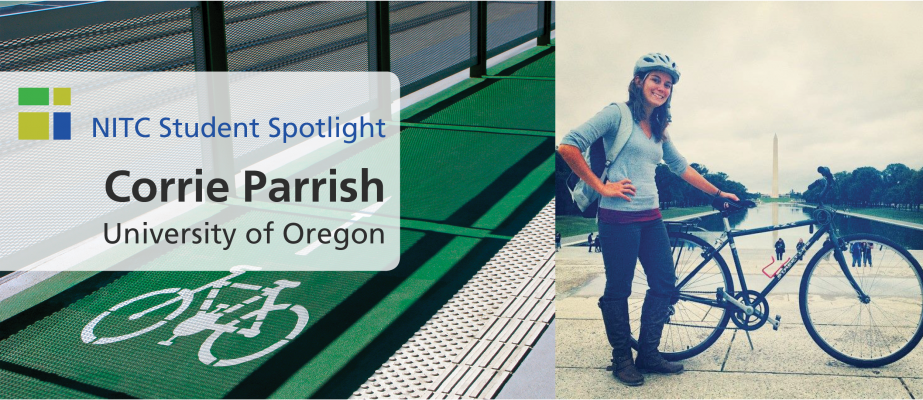
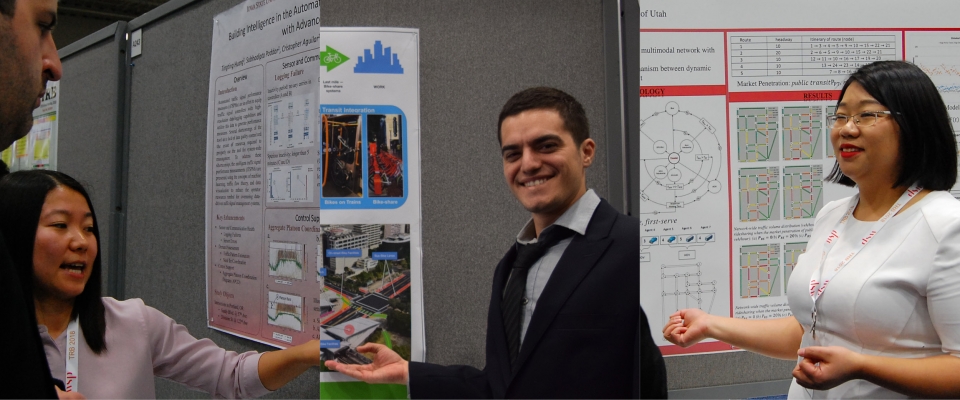

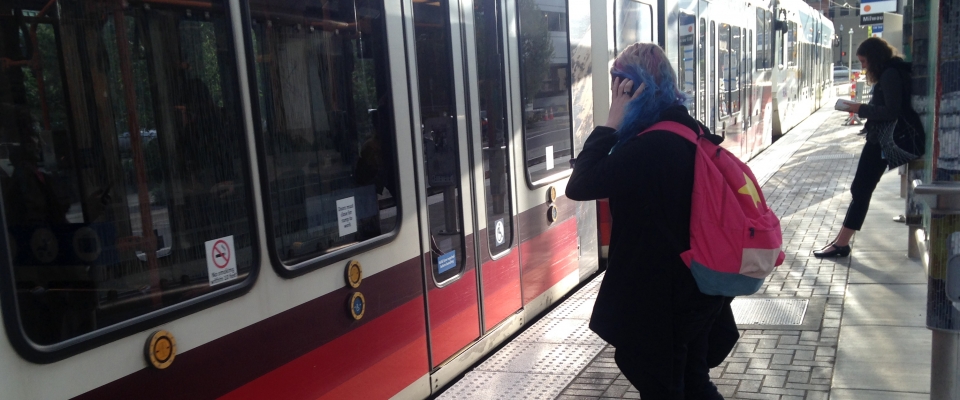
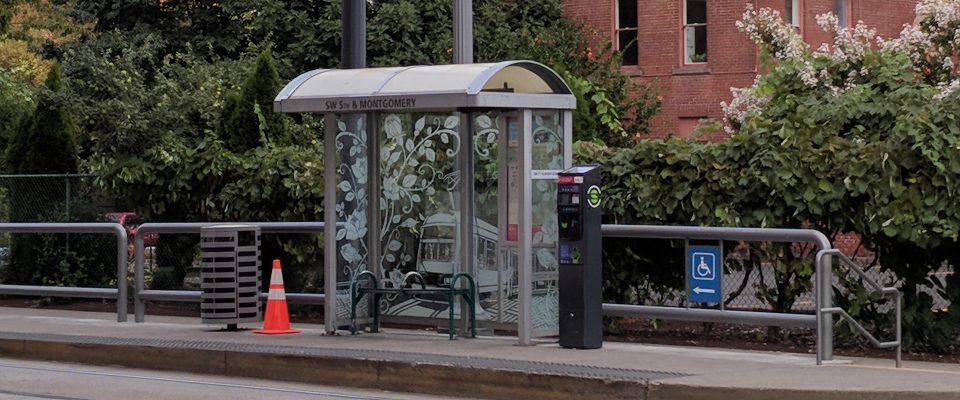
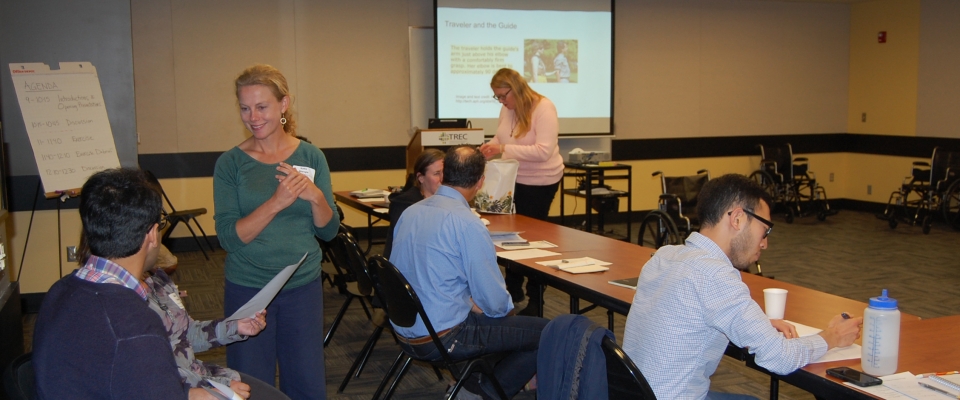
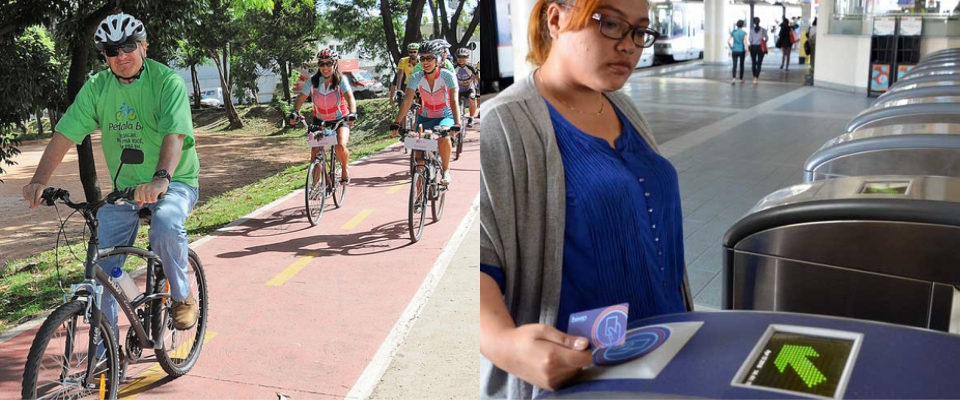
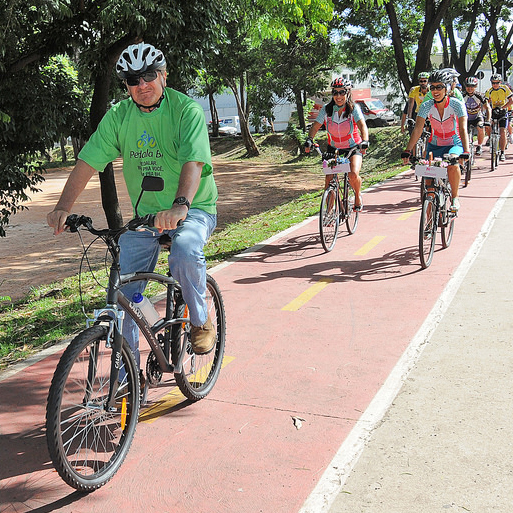 Exploring Data Fusion Techniques to Derive Bicycle Volumes on a Network
Exploring Data Fusion Techniques to Derive Bicycle Volumes on a Network